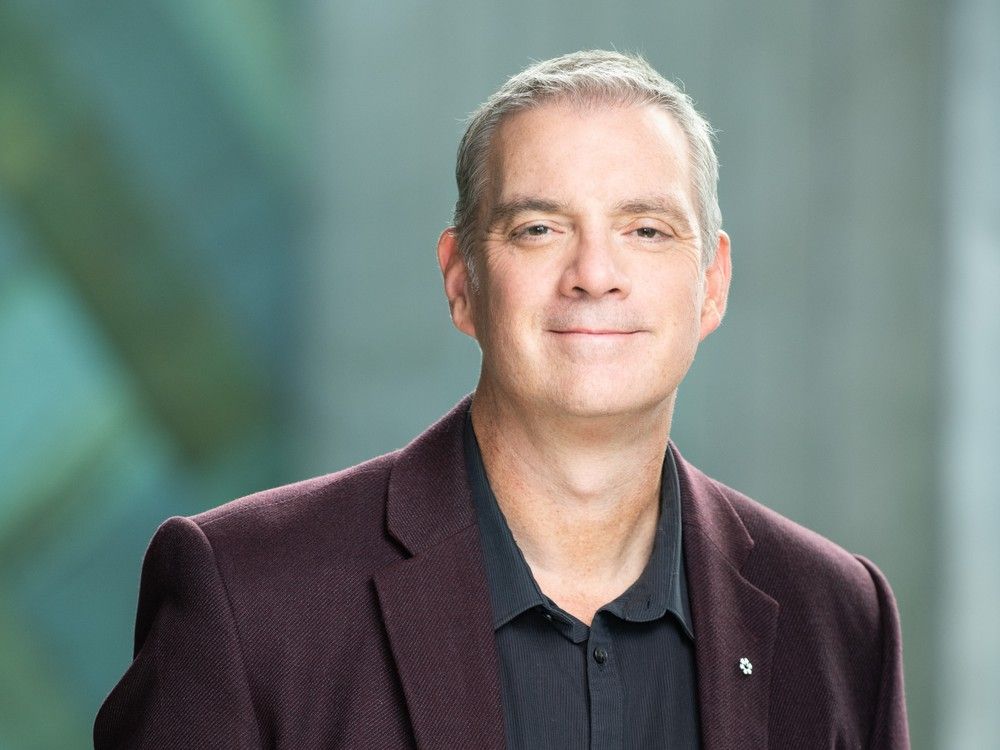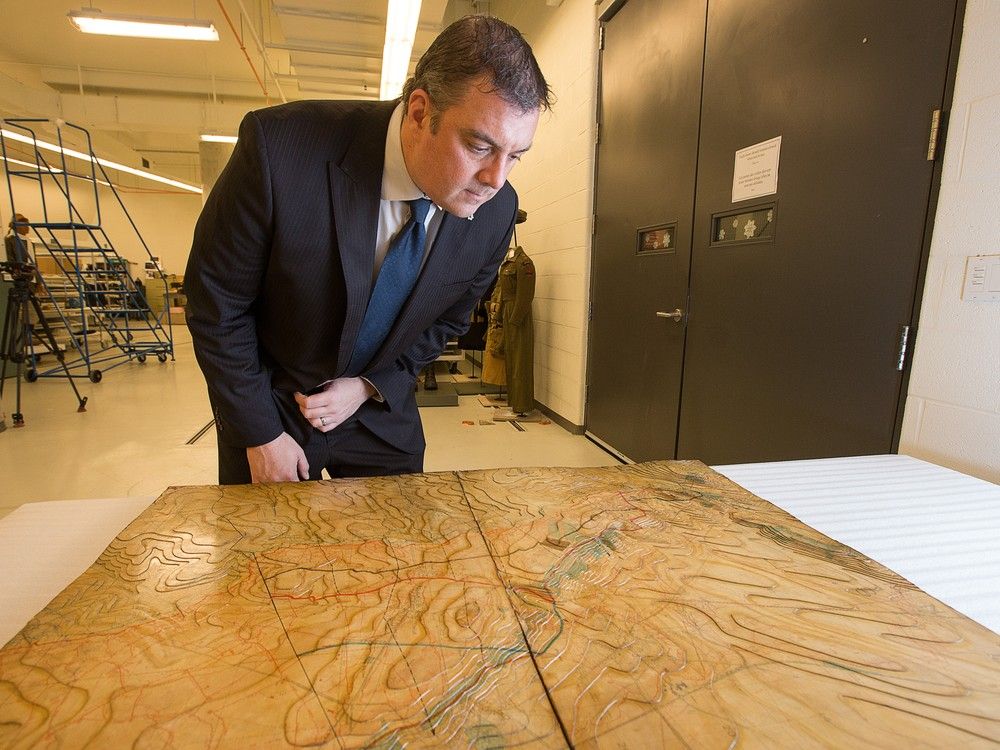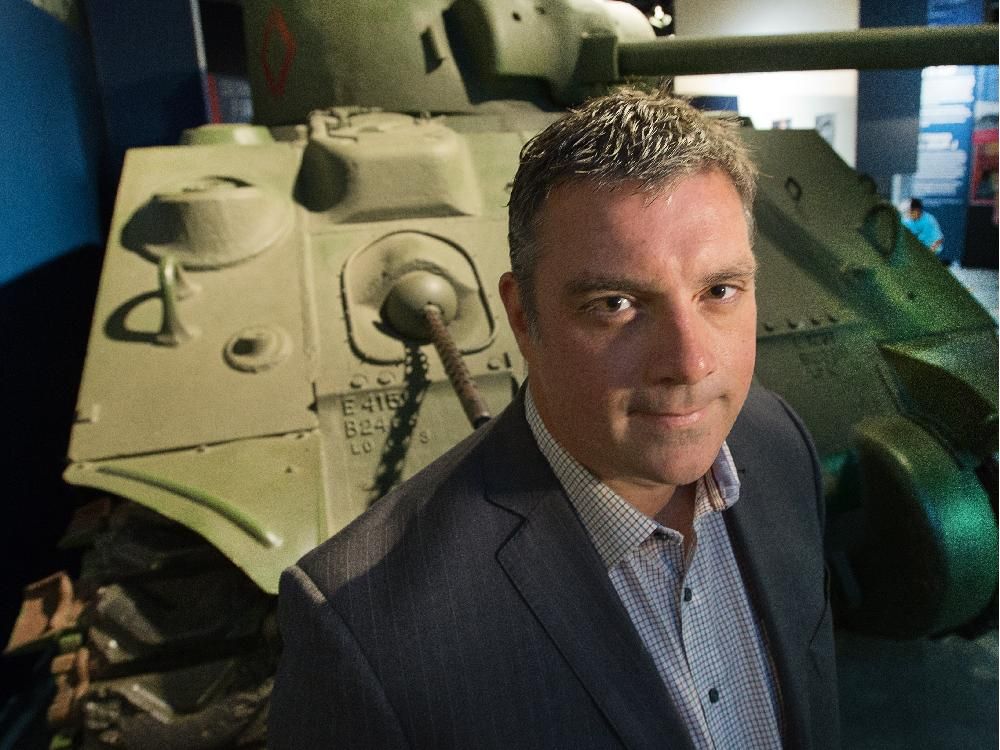Tim Cook
, the Canadian War Museum’s chief historian, has died, the museum announced on Sunday.
Lauded as one of the most influential historians in Canada, Cook was a “
passionate ambassador
” for both the War Museum and Canadian
military history
.
He was 54 years old.
Caroline Dromaguet, the museum’s CEO and president, said Cook played an instrumental role in shaping the museum, and his contributions over the past 23 years have been enormous.
His most popular exhibitions include “For Crown and Country”, which is a permanent exhibit in Gallery 2 at the museum.
He also curated several major exhibitions — including “Victory 1918 — The Last 100 Days,” “Communities at War,” and “War and Medicine” — and was a champion for an oral history project collecting interviews from veterans and their loved ones called “In Their Own Voices.”

Cook also
published
19
books
, dozens of scholarly articles and won several awards, the museum said. Those awards include the Ottawa Book Award for Literary Non-Fiction, the
J. W. Dafoe Book Prize
, the C. P. Stacey Award and the Charles Taylor Prize for Literary Non-Fiction. His book The Good Allieswas also shortlisted for the 2025 Lionel Gelber Prize as one of the best non-fiction works on foreign policy.
Cook also received the Queen Elizabeth II Diamond Jubilee Medal, the Minister of Veterans Affairs Commendation and the Governor General’s History Award. He was a fellow of the Royal Society of Canada and a member of the Order of Canada.
“Tim Cook was a passionate ambassador both for the museum and for Canadian military history. He has forever left his own mark on history,” Dromaguet wrote in her statement.
“Our sincerest condolences go to his family, friends, colleagues, and many admirers. A more formal opportunity to celebrate Tim Cook’s contributions will be shared through museum channels soon.”

The museum did not disclose the cause of death, but Cook has been open about his battle against Hodgkin’s Disease for years.
In an interview with the Ottawa Citizen in 2014
, Cook (who was 43 at the time) described his stem-cell treatments and how it impacted his life.
He underwent seven days of intense chemotherapy the week before Christmas that year to suppress his immune system and received the stem cells shortly after.
“I’m a young guy and it sucks, but that’s the way it is and you move forward…. It’s a donor’s stem cells, so there’s some very generous person out there who donated their stem cells to perhaps save my life,” he said at the time.
“I don’t get to get that person’s name for two years, but in two years I’ll be writing a heartfelt letter to someone out there in the world to say thanks.”
— With files from Blair Crawford
Related
- War historian Tim Cook explains why Remembrance Day still resonates with Canadians
- Ottawa historian Tim Cook: An Order of Canada and a new lease on life



